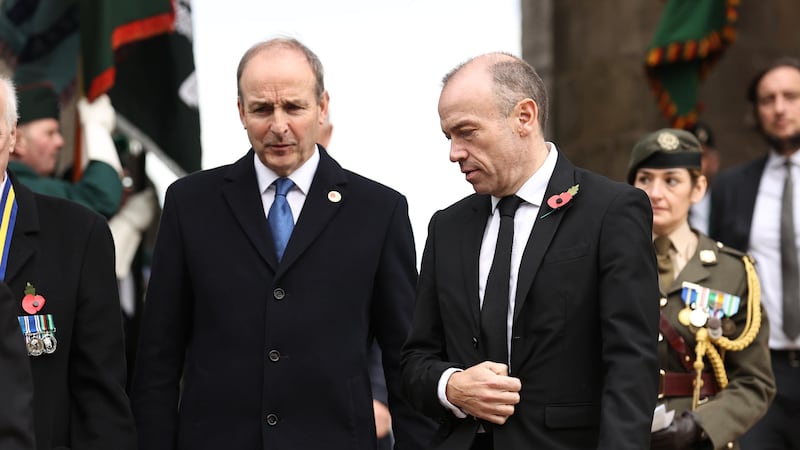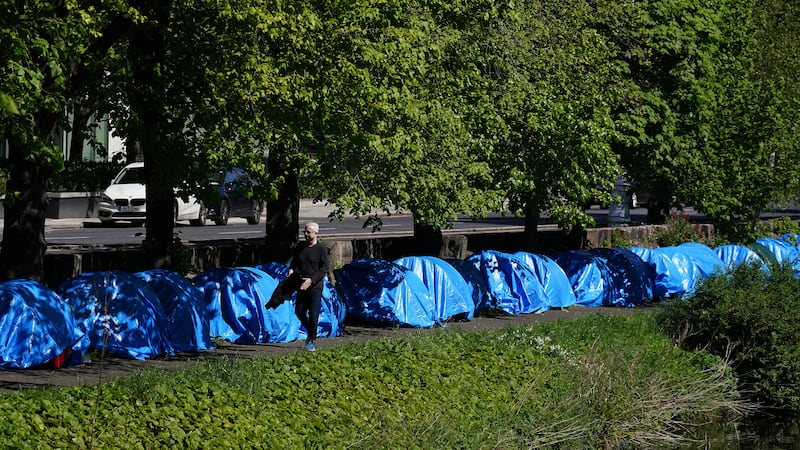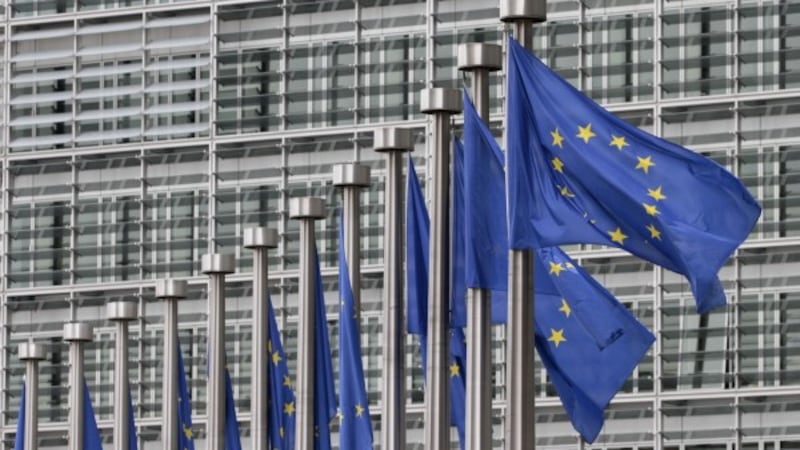The Irish Government is to initiate an inter-state case against the United Kingdom under the European Convention on Human Rights over its Northern Ireland Troubles Legacy Act, deputy premier Micheál Martin has confirmed.
In its application, the Irish Government will argue that the provisions of the Northern Ireland Troubles (Legacy and Reconciliation) Act 2023 are incompatible with the UK’s obligations under the convention.
Mr Martin said: “This decision was taken after much thought and careful consideration.
“I regret that we find ourselves in a position where such a choice had to be made.
“However, the decision by the British Government not to proceed with the 2014 Stormont House Agreement and instead pursue legislation unilaterally, without effective engagement with the legitimate concerns that we, and many others, raised left us with few options.
“The British Government removed the political option, and has left us only this legal avenue.”
Francis Bradley’s father died without the truth
Government to consider whether public inquiry is appropriate for Sean Brown case, court hears
Solicitor Kevin Winters pays personal tribute to victims’ campaigner Margaret Campbell
Martin said the incorporation of the European Convention on Human Rights into Northern Ireland law is a specific and fundamental requirement of the Good Friday Agreement.
He said: “Since the UK legislation was first tabled, the Government have been consistent that it is not compatible with the convention.
“I used every opportunity to make my concerns known and urged the British Government to pause this legislation.”
He added: “I have consistently adopted a victims-centred approach to this issue. We are not alone in our concerns.
“Serious reservations about this legislation have also been raised by a number of international observers, including the Council of Europe’s Commissioner for Human Rights and the UN High Commissioner for Human Rights.
“Most importantly, this legislation is opposed by people in Northern Ireland, especially the victims and families who will be most directly impacted by this Act.”


